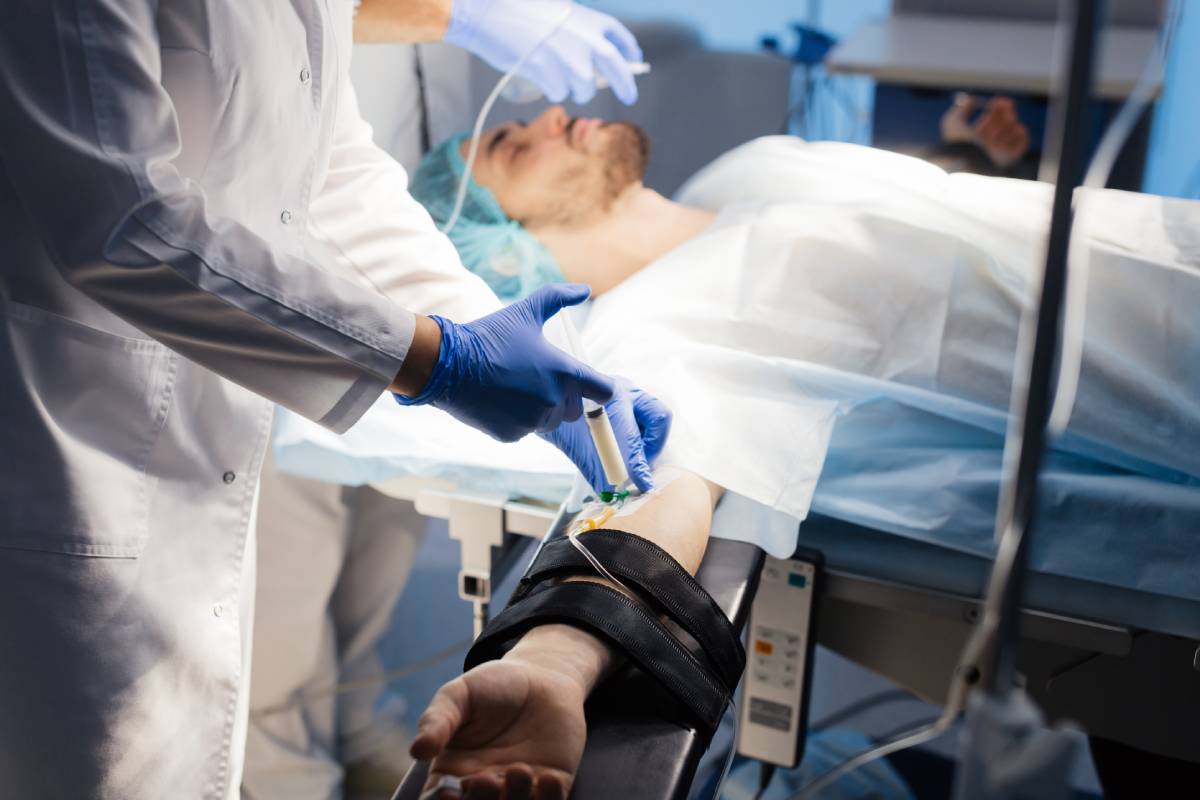Coughing During and After Anesthesia

Coughing during and after anesthesia is a phenomenon that many patients and healthcare providers encounter. This reaction can be unsettling, especially for those who are undergoing or recovering from surgery, but understanding why it happens and how it is managed can help alleviate concerns.
During surgery, anesthetics are administered to keep patients unconscious and free from pain. However, the body’s natural reflexes, including coughing, may still be active during this time. Coughing during or after anesthesia can occur for several reasons. One primary factor is the irritation or stimulation of the airways. Anesthetics can sometimes cause a reaction in the throat or lungs, prompting a cough reflex. This might be due to the placement of a breathing tube or the presence of secretions in the airway. Some anesthetic agents themselves can irritate the airway. For example, volatile anesthetics, which are inhaled gases used to maintain general anesthesia, can dry out or irritate the mucous membranes of the throat, leading to a cough. Additionally, the endotracheal tube, which is inserted into the trachea to ensure an open airway and provide oxygen, can sometimes cause a reflexive cough as it rubs against the airway lining.
Postoperative coughing is also a common occurrence, often arising as patients wake up from anesthesia. This can be particularly frequent if the airway was irritated during the procedure or if there is a buildup of mucus or other secretions. After surgery, the body’s natural response is to clear out any residual secretions or irritants, which can trigger a cough. This is a normal part of the recovery process and usually resolves as the effects of anesthesia wear off and the airway returns to its normal state.
It’s important to understand that coughing during or after anesthesia, while sometimes uncomfortable, is generally not a cause for alarm. The body’s reflex to clear the airways is a protective mechanism. However, if coughing is persistent or severe, it may be indicative of other issues such as a respiratory infection, a reaction to the anesthetic, or complications from the procedure itself. In such cases, healthcare providers must assess the situation to determine what interventions are needed.
Managing coughing during and after anesthesia involves a combination of preventive and supportive measures. During the surgical procedure, anesthesiologists should take steps to minimize airway irritation, such as using lubricating agents on the endotracheal tube and selecting anesthetic agents that are less likely to cause irritation. After the surgery, patients may be given medications to help manage discomfort and reduce coughing. Effective pain management can help reduce the frequency and intensity of coughing.
Overall, while coughing during and after anesthesia can be a common occurrence, it is typically a manageable aspect of the recovery process. The body’s natural reflexes, combined with the effects of anesthesia and the surgical procedure, contribute to this response. Understanding that this is a normal part of the process can help patients feel more at ease. If any concerns
arise about persistent or severe coughing, it is always best to communicate with healthcare providers to ensure that appropriate care is provided and to address any potential issues promptly.
